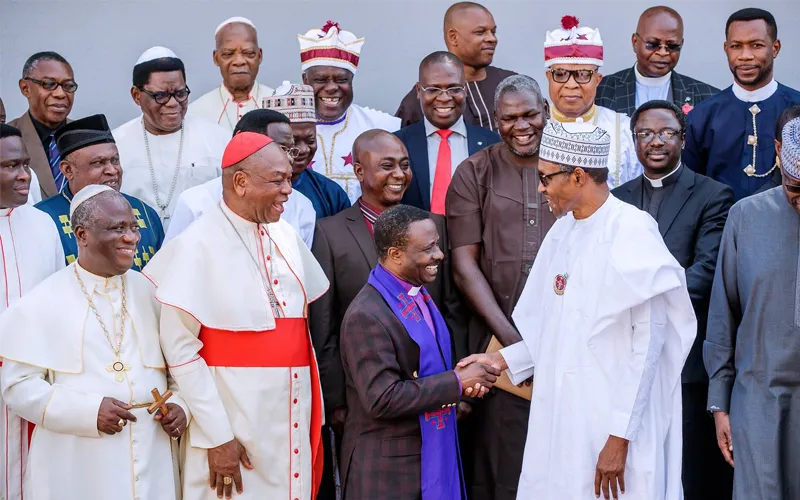Abuja, 05 March, 2022 / 5:05 pm (ACI Africa).
Representatives of Christian leaders in Nigeria have expressed concern about persistent insecurity in the West African nation saying it constitutes the “biggest threat” to general elections scheduled to take place next year.
Addressing himself to members a delegation of the European Union (EU) led by Chief Election Observer, Maria Arena, the President of the Christian Association of Nigeria (CAN), Rev. Samson Ayokunle decried “security challenges, occasioned by the criminal activities of terrorists, bandits and kidnappers in the country.”
In a Wednesday, March 2 report, Rev. Ayokunle has been quoted as saying, “Insecurity in the country is the biggest threat to 2023 elections.”
“The government appears to be struggling to nip the ugly situation in the bud, their present effort is far from being enough,” the CAN official says, and adds, “We have been struggling with this situation now for the past thirteen years, yet, we are still where we are!”
In the report, the official of the Christian entity that includes representatives of the Catholic Bishops’ Conference of Nigeria (CBCN) urges the “Federal Government and the security agencies to wake up to the security challenges in the country where terrorists, bandits and kidnappers are operating with impunity and nowhere is safe and secure again.”








